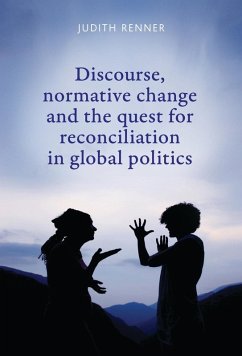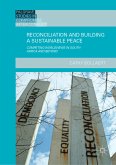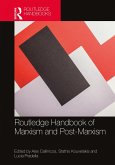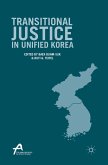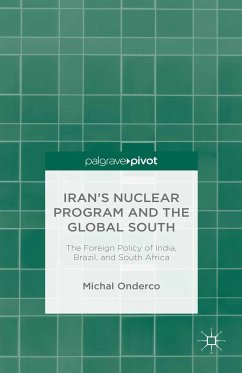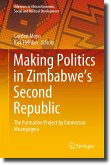This book offers a new and critical perspective on the global reconciliation technology by highlighting its contingent and highly political character as an authoritative practice of post-conflict peacebuilding. After retracing the emergence of the reconciliation discourse from South Africa to the global level, the book demonstrates how implementing reconciliation in post-conflict societies is a highly political practice which entails potentially undesirable consequences for the post-conflict societies to which it is deployed. Specifically, the book shows how the reconciliation discourse brings about the marginalisation and neutralisation of political claims and identities of local post-conflict populations by producing these societies as being composed of the 'victims' and 'perpetrators' of past human rights violations which are first and foremost in need of reconciliation and healing.
This book will interest students and teachers of transitional justice and international relations.
This book will interest students and teachers of transitional justice and international relations.
Dieser Download kann aus rechtlichen Gründen nur mit Rechnungsadresse in A, D ausgeliefert werden.

